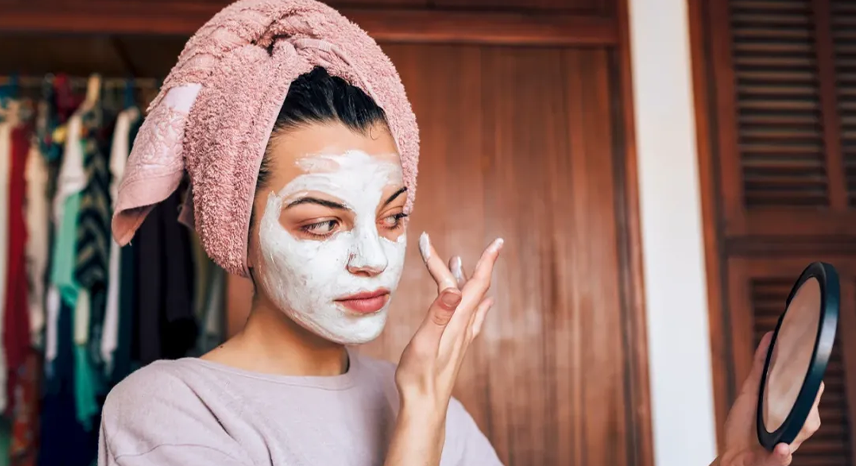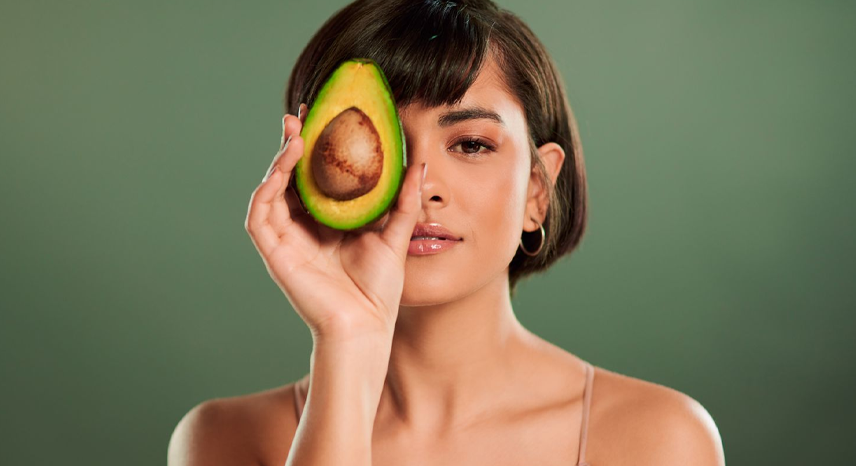Herbs for Enhancing Your Health and Beauty
Time 7 min(s) read
Herbs have been used for centuries across different cultures as a natural remedy for various ailments and as a source of beauty and wellness.
Herbs have been used for centuries across different cultures as a natural remedy for various ailments and as a source of beauty and wellness. From soothing teas to skincare routines, herbs have played an essential role in traditional medicine and modern wellness practices. In recent years, there has been a growing trend towards using natural, plant-based remedies, particularly herbs, for health and beauty purposes. This shift reflects a broader interest in holistic health and self-care, where individuals seek to nourish their bodies with natural products rather than relying on chemicals and synthetic alternatives.
In this blog, we will explore how herbs can enhance your health and beauty, touching on their medicinal properties, skin benefits, and overall impact on well-being.
Herbs and Their Impact on Health
Herbs are more than just a flavour enhancer for your meals; they contain an array of bioactive compounds that offer a wide range of health benefits. Many herbs have been shown to possess anti-inflammatory, antioxidant, antibacterial, and antiviral properties that can promote overall wellness. Here’s how some common herbs can positively affect your health:
1. Turmeric: The Golden Root
Turmeric, often called the "golden spice," is perhaps best known for its potent anti-inflammatory and antioxidant properties. The active compound in turmeric, curcumin, has been widely studied for its health benefits. Research suggests that turmeric can help alleviate symptoms of arthritis, improve brain function, and even reduce the risk of chronic diseases such as heart disease and cancer.
The anti-inflammatory properties of turmeric also make it beneficial for digestive health. It can help reduce bloating, indigestion, and symptoms of inflammatory bowel diseases like Crohn's disease. Drinking turmeric tea or incorporating it into your meals can naturally support your body’s healing processes.
2. Ginger: A Root for Digestive Health
Ginger has been used for centuries to treat various ailments, particularly digestive issues. It is known for relieving nausea, indigestion, and bloating. Studies suggest ginger can also improve circulation and reduce muscle pain, making it a popular choice for athletes or those with joint pain.
The active compounds in ginger, such as gingerol, have strong anti-inflammatory and antioxidant effects that can also support immune function. Consuming ginger in the form of tea, capsules, or fresh slices can promote a healthy digestive system and overall vitality.
3. Peppermint: A Cool Remedy for Digestion and Headaches
Peppermint is a refreshing herb known for its soothing properties, particularly for digestive issues. It helps relax the gastrointestinal tract muscles, alleviating symptoms like bloating, indigestion, and nausea. Peppermint tea or essential oils can provide quick relief from digestive discomfort.
In addition to its digestive benefits, peppermint has also been found to be effective in relieving tension headaches and migraines. A few drops of peppermint oil massaged into the temples can help reduce headache pain and provide a cooling, soothing sensation.
Herbs for Beauty and Skincare
Beyond their health benefits, herbs are widely used in skincare routines to promote clear, radiant skin. Many herbs possess properties that help soothe irritated skin, balance oil production, and reduce the appearance of blemishes. Here’s how some popular herbs can enhance your beauty:
1. Aloe Vera: The Hydrating Herb
Aloe vera has long been regarded as a natural remedy for soothing burns and cuts, but its benefits extend beyond wound care. The gel inside the aloe vera plant is packed with vitamins, minerals, and amino acids that help hydrate and repair the skin. Aloe vera is commonly used in skincare products because of its ability to moisturise without leaving a greasy residue.
In addition to its hydrating properties, aloe vera also contains antioxidants that help reduce the appearance of fine lines and wrinkles. Regular use of aloe vera can promote youthful, glowing skin and can help calm irritated or inflamed skin conditions such as eczema or psoriasis.
2. Lavender: Relaxing and Healing for the Skin
Lavender is not only a calming scent for relaxation, but it also boasts remarkable skincare benefits. Known for its antimicrobial and anti-inflammatory properties, lavender is often used to treat acne and blemishes. It helps reduce the redness and swelling associated with pimples, promoting clearer skin.
Lavender oil can also help reduce the appearance of scars and promote skin healing. It has a soothing effect on the skin, making it ideal for sensitive or irritated skin. You can add a few drops of lavender oil to your skincare routine or use it in a calming bath to promote relaxation and healthy skin.
3. Chamomile: A Gentle Healer for Sensitive Skin
Chamomile is another herb widely used for its calming and anti-inflammatory properties. Chamomile tea is well-known for promoting relaxation and aiding in sleep, but its benefits also extend to skincare. Chamomile is particularly useful for those with sensitive skin, as it can help reduce redness, irritation, and inflammation.
Chamomile extract is commonly used in lotions, creams, and serums to soothe and calm the skin. It also has antioxidant properties that protect the skin from environmental stressors and promote a healthy, youthful complexion.
4. Rosehip: A Powerhouse of Vitamins for Radiant Skin
Rosehip oil, derived from the seeds of wild rose bushes, is a popular ingredient in skincare due to its high concentration of vitamins A, C, and E. These vitamins are known for rejuvenating the skin, promoting collagen production, and reducing the appearance of fine lines and age spots.
Rosehip oil is particularly effective in treating dry, dull skin and can help fade hyperpigmentation, giving the skin a more even tone. It also has healing properties, making it beneficial for reducing the appearance of scars and stretch marks. Applying rosehip oil to your skin daily can lead to a glowing, youthful complexion.
5. Green Tea: Antioxidants for Youthful Skin
Green tea is often touted as a superfood due to its high antioxidant content, particularly catechins, which help protect the skin from damage caused by free radicals. Free radicals are unstable molecules that can damage skin cells, leading to premature ageing and wrinkles.
Green tea’s antioxidants help protect the skin from environmental stressors such as pollution and UV rays. Additionally, green tea has anti-inflammatory properties that can help reduce the appearance of acne, redness, and puffiness. Drinking green tea regularly or using green tea-infused skincare products can provide long-term benefits for your skin’s health and appearance.
Incorporating Herbs Into Your Daily Routine
The good news is that incorporating herbs into your daily life is easy and can be done in a variety of ways. Here are a few suggestions on how you can start harnessing the power of herbs for better health and beauty:
- Herbal Teas: Drinking herbal teas is one of the simplest ways to reap the health benefits of herbs. Whether you enjoy chamomile for relaxation, peppermint for digestion, or ginger for immune support, herbal teas can easily become a part of your daily routine.
- Herbal Oils: Essential oils derived from herbs like lavender, rosemary, and peppermint can be used in aromatherapy, massage, or as part of your skincare routine. Always dilute essential oils with a carrier oil before applying them to the skin.
- Herbal Supplements: Many herbs are available in supplement form, including capsules, powders, and tinctures. If you're looking to target a specific health issue, such as immune support or digestive health, consider incorporating herbal supplements into your routine.
- Herbal Skincare: Look for skincare products that include herbal extracts such as aloe vera, chamomile, or green tea. These ingredients can help hydrate, soothe, and protect your skin.
Herbs have long been used for their powerful medicinal and beauty-enhancing properties. Incorporating herbs into your daily health and beauty regimen can help promote wellness from the inside out, allowing you to look and feel your best in a natural and holistic way. Always remember, though, to consult with a healthcare professional before introducing new herbs or supplements into your routine, especially if you have pre-existing health conditions.



